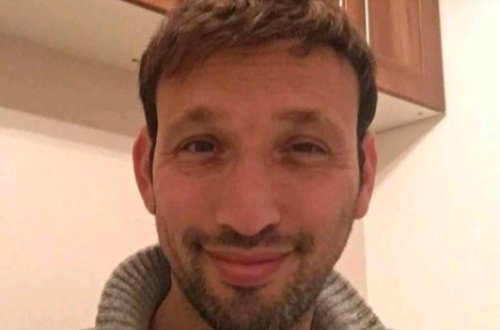This is a cross-post from falsedichotomies.com
After last week’s horrific suicide bombing in Bulgaria, Prime Minister Netanyahu wasted no time in appearing before the camera to point the finger of blame at Iran and state his determination to respond forcefully. “All signs point towards Iran…This is a global Iranian terror onslaught and Israel will react firmly to it.” While we await confirmation that Iran was behind the atrocity, his determination to do something about the wanton targeting of Israeli tourists is to be applauded. Contrast this with his reaction to Moshe Silman’s self-immolation: “We are speaking of a great personal tragedy. I wish Moshe a full recovery. I have asked the Welfare Minister and the Housing Minister to look into the matter.”
Without trying to draw parallels between Silman’s circumstances and those of the victims of the terror attack, a case can be made that – given the near impossible task of guaranteeing the safety of large groups of Israelis in countries that have poor security infrastructures – the Israeli government was in a far better position to do something about the circumstances that led Silman to kill himself than it could have prevented the bombing in Bulgaria.
The erosion of the welfare state, the rise of the cost of living and the stagnation in salaries – this has been going on for quite some time, and no hype about our glorious hi-tech sector can hide the fact. Today, Israel has the second widest gap between rich and poor in the developed world. Bibi might like to pretend that only the Haredim and the Arabs are to blame, but this is not the case. It is the result of government policies and inaction, and has resulted in the largest social protests in the country’s history.
There should be broad debate about the steps Israel should take to extricate itself from this situation. But one word that seems to be ignored by the social justice movement is Zionism. This may be because 2012’s social justice activists tend to be more post- or anti-Zionist. But it’s also because Zionism today is understood in purely political/security terms, as if it’s an ideology solely concerned with keeping Jews in the country and the Arabs at bay, instead of building a society that we can all be proud of.
And yet many of the early Zionist ideologues were just as concerned with socioeconomic issues as they were with security questions. Thinkers like A.D Gordon, Berl Katznelson, and Ber Borochov. Their ideas may not be the panacea for Israel’s ills, but what we can take from them is the idea that national liberation is meaningless if it isn’t accompanied by social justice.
Many people who call themselves Zionists today are only moved by Jews who are blown up by suicide bombers, and not by Jews who set fire to themselves because of economic despair. While Menachem Begin once led a more decent, socially conscious Likud (with obvious reservations), today the part is dominated by Bibi and the true believers of the free market. Even the poorest Israelis willbe lifted up by the rising tide of capital; any lingering inequalities are supposed to be taken care of by the amutot (around 50,000 and rising).
This won’t do for much longer. Neoliberal policies have not provided for the needs of Israel’s citizens, as many people from many different groups are beginning to understand. It is time that Bibi & Co realized that the lives of Israel’s poor and marginalized are worth fighting for every bit as much as holidaying citizens, and that the war against poverty and social inequality should be fought with the same resolve as the war against those who seek to destroy us. Because, to borrow a notion from Yeshayahu Leibowitz, Zionism without at least a modicum of brotherhood and social justice is not Zionism – it’s just the Magen David and a victory on the battlefield.


